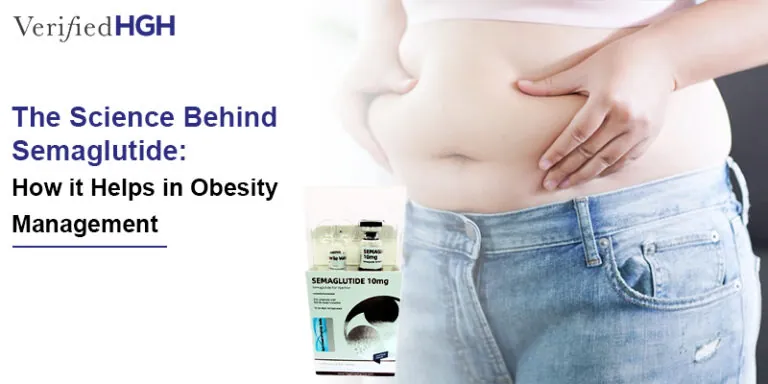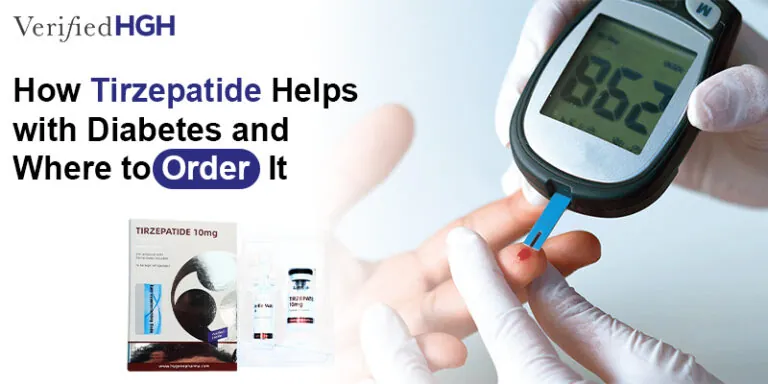HGH For IVF the ageing of the ovaries occurs at different times in different women. Most women experience a transition associated with reduced ovarian reserve prior to perimenopause, usually by their late 30s or early 40s (DOR). Diminished ovarian reserve indicates that the amount and quality of your eggs are lower than expected for your age. This signifies that the majority (though not necessarily all) of your good eggs have disappeared. Despite a DOR diagnosis, there are efficient IVF techniques available to help women achieve a healthy pregnancy using their own eggs. In regard to this, some patients inquire about the usage of Human Growth Hormone (HGH) and whether HGH improves egg quality during IVF. The term “Biological Clock” refers to the time frame for a woman’s reproductive potential. It is mostly influenced by two factors:
Age
As we get older, the amount of eggs in our ovaries decreases (this is referred to as “ovarian reserve”). With the gradual loss of ovarian reserve (DOR), a theoretical “threshold” is achieved at which the woman’s response to fertility medications is significantly diminished. She is referred to as a “poor responder” to ovarian stimulation when this results in a low production of follicles and eggs. DOR is accompanied by a decrease in blood AMH levels and an increase in basal blood FSH levels. Over time, a steady decrease in ovarian reserve will result in the termination of ovulation and menstruation (i.e. menopause).
Egg Competency
The second component of the biological clock is the unavoidable age-related fall in egg competence (an egg’s capacity to produce a healthy embryo capable of producing a normal baby after fertilisation). The most significant expression of this age-related phenomenon is an unavoidable and quick increase in the percentage of “incompetent” eggs with numerical chromosomal abnormalities (aneuploidy). For example, at 30Y, approximately one out of every two human eggs is incompetent/aneuploid, whereas at 45Y, more than nine out of ten are. Aneuploid eggs are incapable of producing healthy offspring. Most will not even fertilise, and those that do will either be lost as early miscarriages or, in rare cases, will survive and have a chromosomally abnormal child (e.g. Down syndrome).
Sometimes it differs
It is critical to recognise that the two components of the biological clock (ovarian reserve and age) represent variables that, while connected, can frequently exist independently. Some older women in their mid-forties, for example, have a high ovarian reserve, but some women in their thirties may have DOR. While such women produce fewer eggs, the quality of the eggs they produce is mostly determined by their age.
A microscopically normal-looking mature egg from a 30-year-old woman, for example, is probably three times more likely to be a “competent” similar-looking egg produced from a 40-year-old counterpart. The ovarian hormonal environment produced by ovarian stimulation in a woman with DOR can be influenced by the ovarian stimulation strategy. The improper stimulation regimen can have a negative impact on egg competence.
However, an individualised and optimised ovarian stimulation strategy, on the other hand, can boost the potential for optimal follicle and egg development in the same person by favourably controlling the ovarian hormonal environment, hence lowering the risk of egg aneuploidy. The issue is that it becomes increasingly difficult to regulate the intra-ovarian hormonal environment optimally in older women and those with DOR. In such circumstances, the usage of human growth hormone can be extremely beneficial.
HGH for IVF
Several studies have demonstrated that human growth hormone (HGH) treatment as an adjuvant to ovarian stimulation improves follicle response in older women and those with DOR, and so can help improve egg quality. HGH hormone (for example, omnitrope) is believed to increase follicle development, oestrogen hormone synthesis, and egg maturation by increasing the production of insulin-like growth factor 1 (IGF-1). Two fundamental mechanisms have been proposed:
- Increasing the responsiveness to gonadotropin therapy by up-regulating the FSH receptors on the granulosa cells that form the inner lining of follicles
- Increasing the egg’s mitochondrial activity through a direct action of HGH.
While human eggs do have HGH receptors, those retrieved from older women had lower expression of such receptors (as well as a lower number of functioning mitochondria) than those obtained from younger women. Indeed, it has recently been demonstrated that older women treated with HGH had a significant increase in functional mitochondria in their eggs, as well as increased egg quality.
As you can see, HGH for IVF could be greatly beneficial, but if you’re worried about any of the above, speaking to a healthcare professional is the best way to achieve your goals through IVF.

